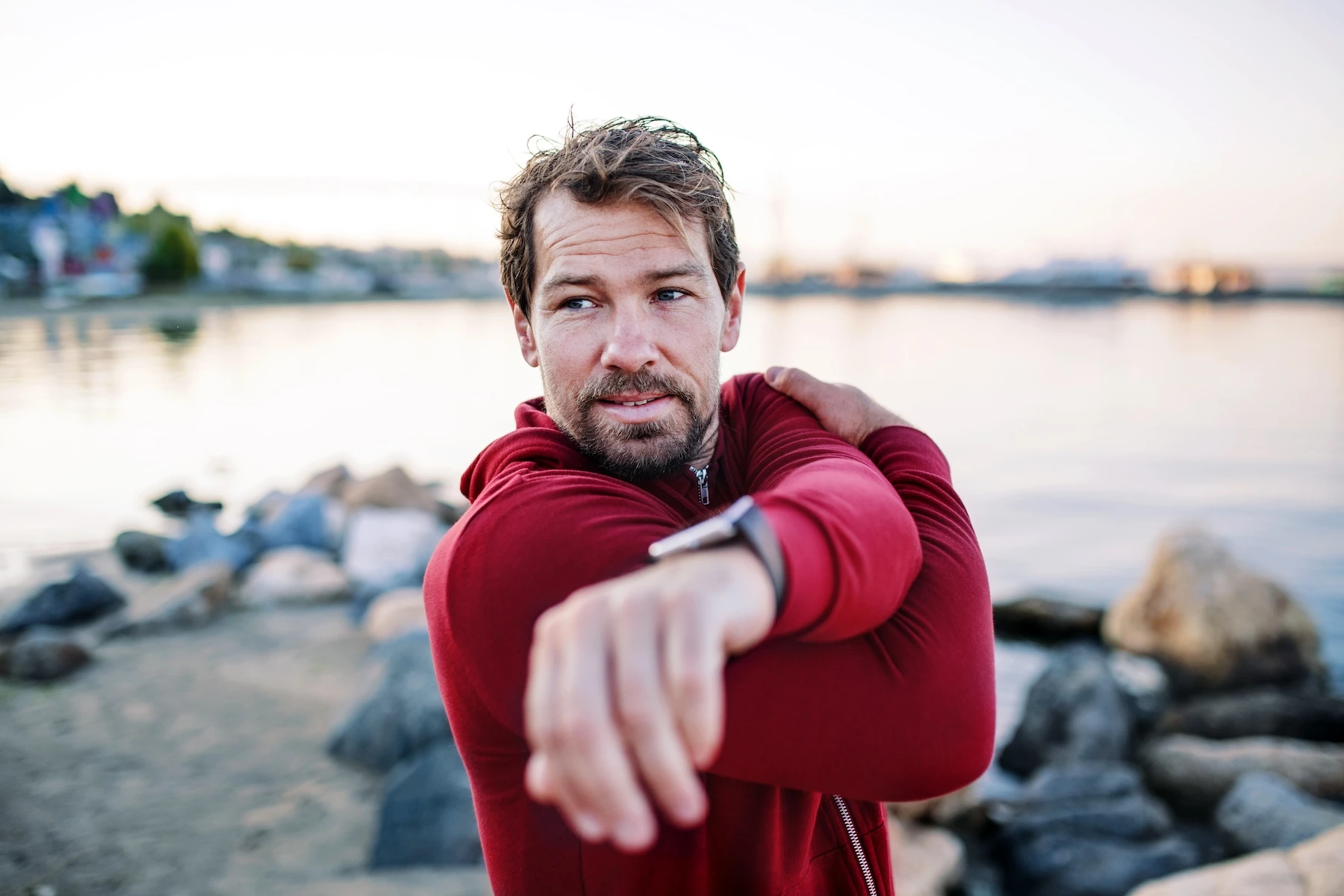In today’s fast-paced, digitally driven world, it’s easy to get caught up in routines filled with work, responsibilities, and deadlines. But amid the hustle, we often forget something essential: recreation. Recreation is not just about passing time or having fun—it’s about recharging, connecting, and improving our quality of life.
From outdoor adventures and creative hobbies to sports and simple leisure time, recreation plays a vital role in physical, mental, and emotional well-being. In this post, we’ll explore why recreation matters, how it benefits us, and how you can make it a consistent and rewarding part of your life.
What Is Recreation?
Recreation refers to any activity you choose to do during your free time for relaxation, enjoyment, and personal satisfaction. It might be something physical like hiking or swimming, social like playing soccer with friends, or quiet and solo like reading or painting.
Unlike work or daily responsibilities, recreational activities are done voluntarily and for pleasure. They provide a healthy escape from stress and structure, allowing your body and mind to reset.
Physical Benefits of Recreation
One of the most noticeable benefits of recreation is how it improves physical health. Activities like biking, dancing, playing tennis, or even walking in nature can:
-
Improve cardiovascular health
-
Strengthen muscles and bones
-
Enhance coordination and flexibility
-
Boost immune function
-
Help maintain a healthy weight
Unlike traditional workouts, recreational physical activity is enjoyable and motivating. You’re far more likely to stick with a fun activity you look forward to than a rigid gym routine.

Plus, regular movement through recreation helps prevent chronic diseases like obesity, high blood pressure, diabetes, and even some types of cancer. Recreation keeps you active without making it feel like work.
Mental and Emotional Health Boost
Recreation isn’t just about moving your body—it’s just as important for your mind and emotions.
Stress is one of the most common issues today, especially in high-pressure jobs or fast-paced urban lifestyles. Recreational activities offer a natural, effective way to reduce stress, improve mood, and increase emotional resilience.
Outdoor activities, in particular, are linked with lower levels of anxiety and depression. Time in nature helps reset your mental state and restore focus. Even brief recreational breaks during the day—like stretching, walking the dog, or listening to music—can significantly improve mood and mental clarity.
Hobbies and creative pastimes like drawing, crafting, or playing an instrument also provide a powerful emotional outlet and sense of purpose.
Social Connection and Community
Another overlooked benefit of recreation is its ability to bring people together. Whether it’s through team sports, group hikes, dance classes, or community gardening, recreational activities build relationships and strengthen social bonds.
For children and teens, recreation plays a huge role in learning teamwork, leadership, and communication. For adults, it’s a great way to connect with others outside of work or digital screens.
Strong social ties are a key factor in long-term happiness and even longevity. Participating in recreational activities can help you form new friendships, spend quality time with loved ones, and feel more connected to your community.
Recreation for All Ages
One of the beautiful things about recreation is that it’s for everyone. From toddlers to seniors, there’s always a suitable and enjoyable activity available.
-
Children benefit from free play, which helps build imagination, coordination, and emotional intelligence.
-
Teens can explore sports, music, and creative arts, helping them channel energy and develop confidence.
-
Adults use recreation to reduce stress, stay active, and explore interests outside of work and family roles.
-
Seniors benefit from low-impact recreational activities like walking, yoga, or gardening to maintain mobility, independence, and mental sharpness.
There’s no age limit to having fun or experiencing the mental and physical boost that recreation offers.
Types of Recreational Activities
The beauty of recreation is in its diversity. You can tailor your leisure time to suit your mood, lifestyle, and personal goals. Here are some popular forms of recreation:
1. Outdoor Recreation
-
Hiking
-
Camping
-
Cycling
-
Fishing
-
Nature walks
Benefits: Improved mood, physical fitness, exposure to fresh air and sunlight.
2. Sports and Physical Games
-
Soccer, basketball, tennis
-
Swimming
-
Dance classes
-
Martial arts
Benefits: Cardiovascular health, discipline, teamwork, energy boost.
3. Creative and Artistic Recreation
-
Painting or sketching
-
Playing musical instruments
-
Photography
-
Writing or journaling
Benefits: Self-expression, stress relief, cognitive development.
4. Passive or Relaxation-Based Recreation
-
Reading
-
Watching films
-
Listening to music
-
Meditation or yoga
Benefits: Mental rest, emotional regulation, inner peace.
Overcoming Barriers to Recreation
While the benefits are clear, many people still struggle to make time for recreation. Common obstacles include:
-
Busy schedules
-
Work or family obligations
-
Lack of access to facilities
-
Financial limitations
-
Not knowing what to do for fun
Here’s how to overcome them:
-
Schedule it in: Treat recreation like an important appointment. Block off time weekly.
-
Start small: Even 15-20 minutes can make a difference.
-
Make it social: Invite a friend, join a group, or get your family involved.
-
Use what’s available: Use local parks, community centers, or free online classes.
-
Try new things: Don’t be afraid to experiment with different activities until you find what you enjoy.
Making Recreation a Lifestyle

Recreation should be seen not as a luxury, but as a vital component of a balanced life. Here are a few simple tips to integrate it into your lifestyle:
-
Create a weekly recreation plan – Mix solo and group activities.
-
Unplug regularly – Take breaks from screens and connect with the physical world.
-
Combine recreation with self-care – Use it as time for reflection, rest, or personal growth.
-
Make it a family value – Encourage loved ones to spend more time in playful, meaningful ways.
-
Celebrate your leisure – Don’t feel guilty for having fun. It’s essential to your well-being.
Final Thoughts
In a society that constantly pushes for more work, more goals, and more achievements, recreation reminds us to slow down and enjoy life. It helps us reconnect—with ourselves, others, and the world around us. It improves our health, enhances our mood, strengthens our relationships, and adds joy to our days.
So whether you’re paddling across a lake, dancing in your living room, or simply enjoying a quiet moment on your balcony, remember: recreation isn’t a distraction—it’s a necessity. Make it part of your life, and you’ll find yourself not only more balanced but also more fulfilled.


Leave a Reply